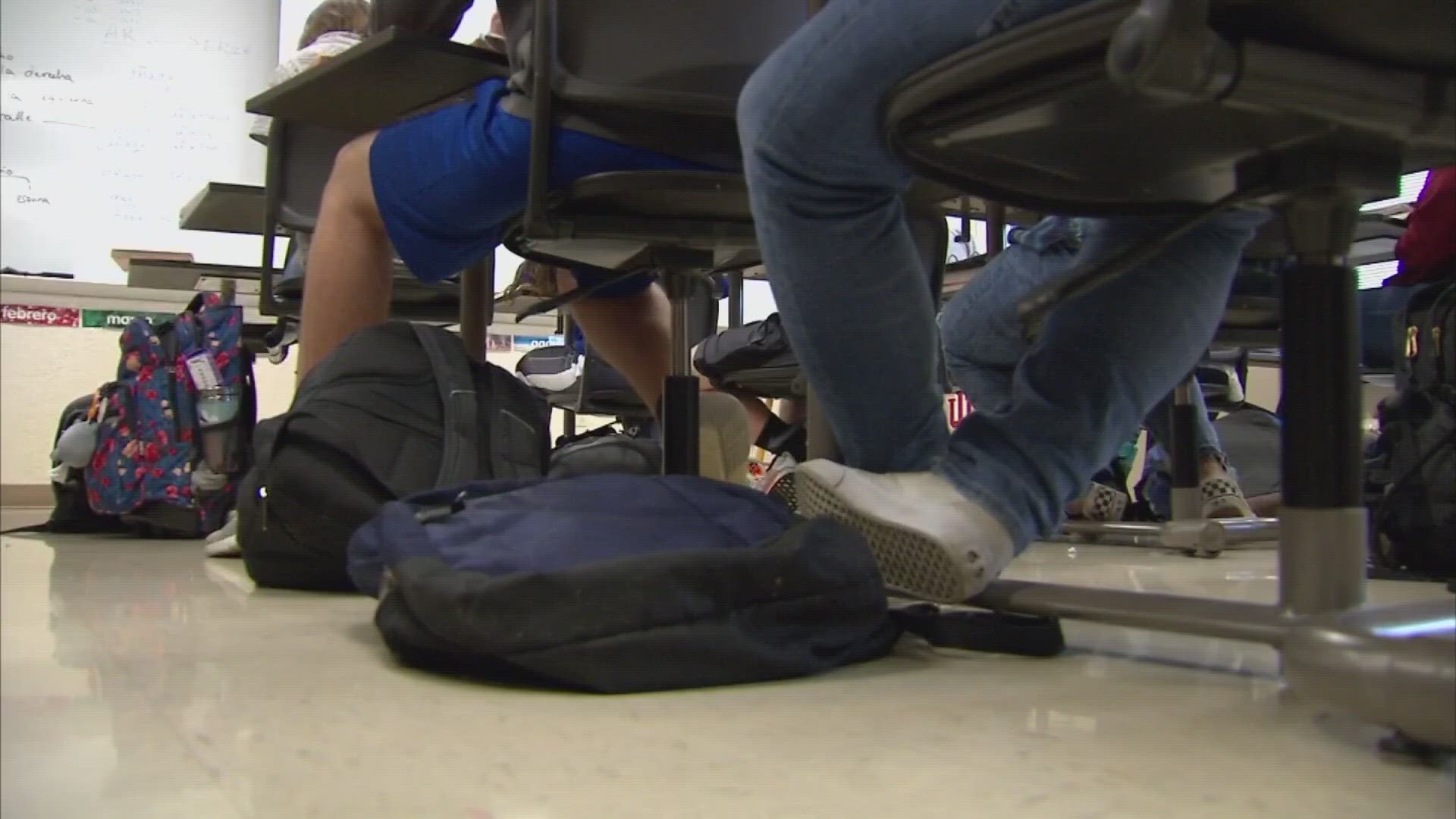INDIANAPOLIS — The tragedy that happened at a Nashville, Tennessee school Monday can be hard to comprehend at any age. For school-age kids, a school shooting - or even practicing what to do if one happens at your child's school - can cause anxiety in kids and teens.
"We're across the board seeing increasing numbers of anxiety across all ages of youth," said Jennie Voelker, a licensed clinical social worker with Community Fairbanks Behavioral Health.
Voelker has spent 20 years as a behavioral health specialist for children. She said school shootings and safety are just one reason anxiety in kids and teens is rising.
"That growing concern is there and I think we can't minimize the importance of teaching children from the very youngest ages how to talk about their feelings," Voelker said.
Voelker said it's important to talk to your kids about these tough topics and to be a calm presence when you do sit down with them.
After a tragedy like the shooting that left six dead at a Tennesse Christian school, Voelker said it's important for parents to find out what your child already knows, correct any misconceptions and listen closely to what your child says for the feelings they're experiencing.
"Identify the emotions, really listen in for fears, anxieties, and then focus in on safety. Remember and remind children that there are lots of people and processes in place to keep kids safe," Voelker said.
It's normal, Voelker said, for your child to feel anxiety after hearing about a school shooting or even doing lockdown drills to prepare for one. Young kids may exhibit signs of clinginess, being more tearful or irritable than usual and may work through that anxiety by drawing or playing, she said.
Teens, too, may become more irritable, shift their routines or become withdrawn, according to Voelker, and may deal with anxiety through open conversations.
"If you see changes in your child's behavior that are lasting, it's been going on for a few weeks, it's increasing, seeing changes in sleeping patterns, eating patterns, chronic irritability, those are the times to seek help," Voelker said.
And just one conversation may not be enough. Voelker stressed this should be considered just an initial step.
At home, be ready to have conversations about anxiety as they come up. At school, she recommends you talk to them about when they should reach out for support and who they can go to.
If you think they need additional help, reach out to your child's school counselor or their pediatrician.

